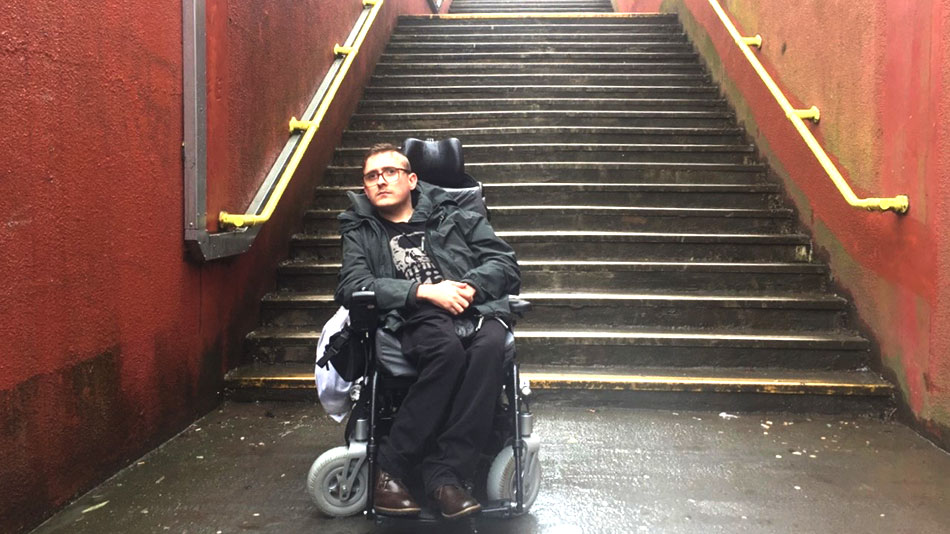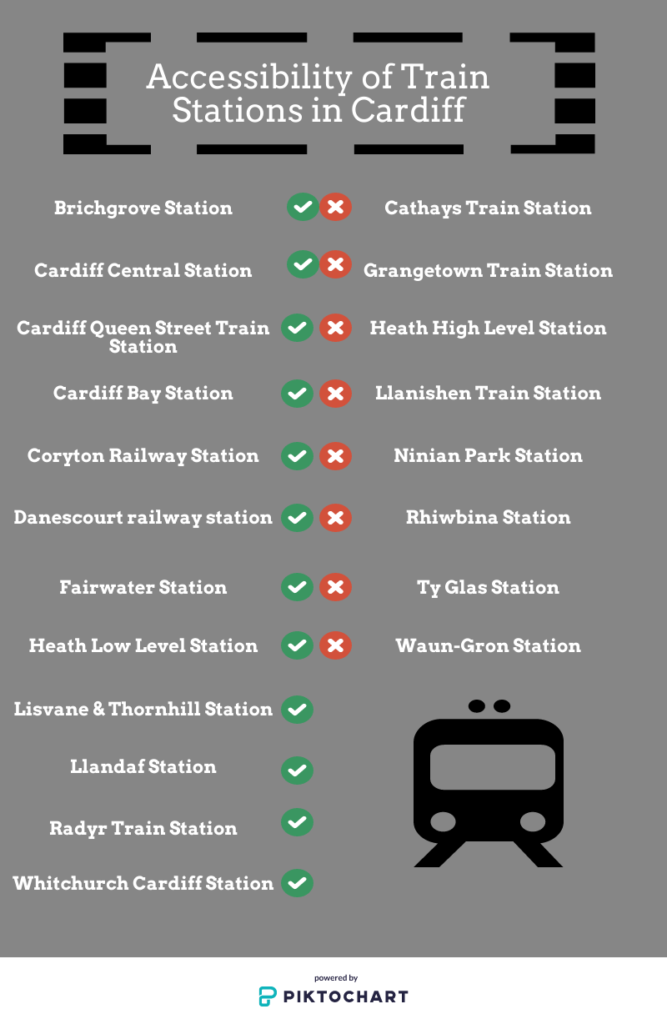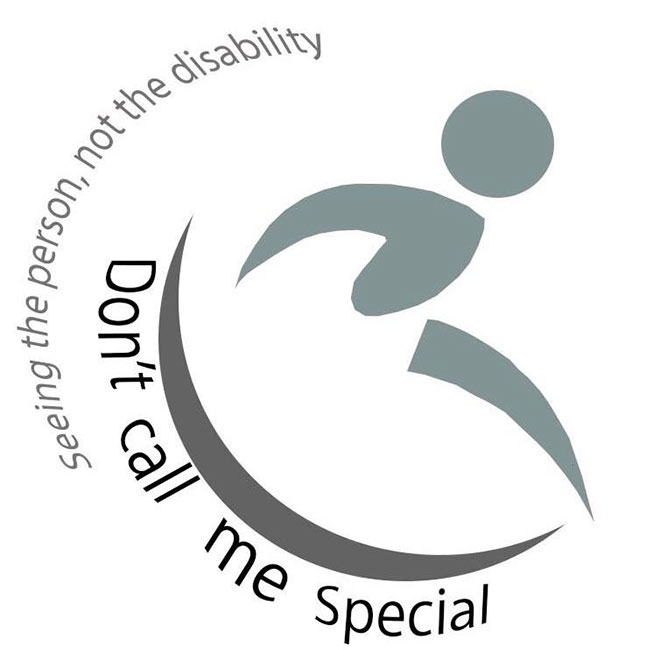Cardiff has worked hard to make disabled peoples’ lives easier, but is it enough?

A young man in a wheelchair is suffering from the lack of accessibility when it comes to step-free access in Cardiff train stations.
Joshua Reeves, a 23-year-old disabled man, cannot access his local train station in Grangetown because of this issue.
Grangetown train station is just a few minutes away from where Reeves lives. A train from there can take him straight to Cardiff Central.
“Why do I always have to find alternatives like buses or taxis?” he said. “It can be quite expensive.” He worries about the day when he’ll need to take the train.
Reeves has to plan his journey every time he decides to walk out of his door. There are companies specialised in helping the disabled with transportation issues; however, he has to book for a ride 24 hours in advance.
There are also websites with information on whether if the chosen train stations are accessible. “This is still not enough,” he explained. “What happens in case of emergencies?”
One of the specialised companies once forgot about Reeves even though he booked assistance the day before. He waited an hour and a half for the taxi and missed his appointment, due to an apparent “miscommunication.”
Luckily for Reeves, he has the support of a PA who takes him wherever he needs to go in case of emergencies. “If I didn’t have him where would I be?” he said.
Grangetown isn’t the only train station with this issue. Heath’s High Level station also suffers from a lack of accessibility.
Although Platform 1 has a steep access ramp for wheelchairs, people have to climb 41 steps in Platform 2. “How is that even helpful? This is not considered accessible,” Reeves said.

Because of these issues, Reeves decided to launch a campaign on Facebook in 2014 called “Don’t Call Me Special.” It aims to bring awareness and change children’s and adult’s mindsets on disability.

Reeves wants to be the voice of the disabled by sharing day to day complications and information about how life should be for them.
“I believe that society has stopped me from being normal,” the young man said. “Society has made me disabled.”
